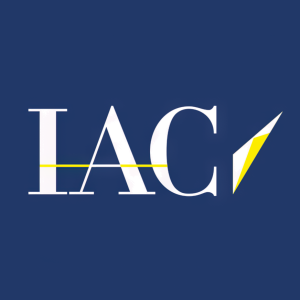[Form 4] IAC Inc. Insider Trading Activity
IAC Inc. (ticker: IAC) filed a Form 4 disclosing that director Bryan Lourd was granted 6,791 restricted stock units (RSUs) on June 18, 2025. The RSUs were awarded at no cost as part of routine director compensation and will vest in three equal annual installments on June 18 of 2026, 2027 and 2028, contingent on continued service. No common shares were sold and no cash transactions occurred, so the filing does not affect IAC’s share count or cash position. Following the grant, Lourd beneficially owns 6,791 derivative securities representing the right to receive an equivalent number of common shares once vested. The filing does not indicate that the transaction was executed under a Rule 10b5-1 trading plan. Overall, the disclosure reflects standard equity alignment for a non-employee director and carries limited immediate financial impact for investors.
- None.
- None.
Insights
TL;DR: Routine RSU grant to director; negligible balance-sheet impact; signals ongoing board equity alignment.
The 6,791-unit award to Bryan Lourd is a typical annual grant for non-employee directors and represents a de minimis fraction of IAC’s outstanding shares. Because it is a zero-cost issuance that vests over three years, the near-term dilution effect is minimal and already captured in standard share-based compensation expense. No buying or selling of freely tradable stock occurred, so market liquidity remains unchanged. Investors may view the grant as modestly positive from a governance standpoint, but it is not large enough to alter valuation models.
TL;DR: Standard equity compensation enhances director alignment; immaterial from a control or ownership perspective.
Granting time-based RSUs is consistent with best-practice governance, ensuring directors share shareholder interests over a multi-year horizon. The staggered vesting schedule promotes long-term oversight. However, 6,791 shares confer no meaningful voting power and do not change board independence. Absence of a 10b5-1 plan checkbox suggests the award is purely compensatory, not a trading arrangement. Overall impact is governance-neutral to slightly positive but financially insignificant.







